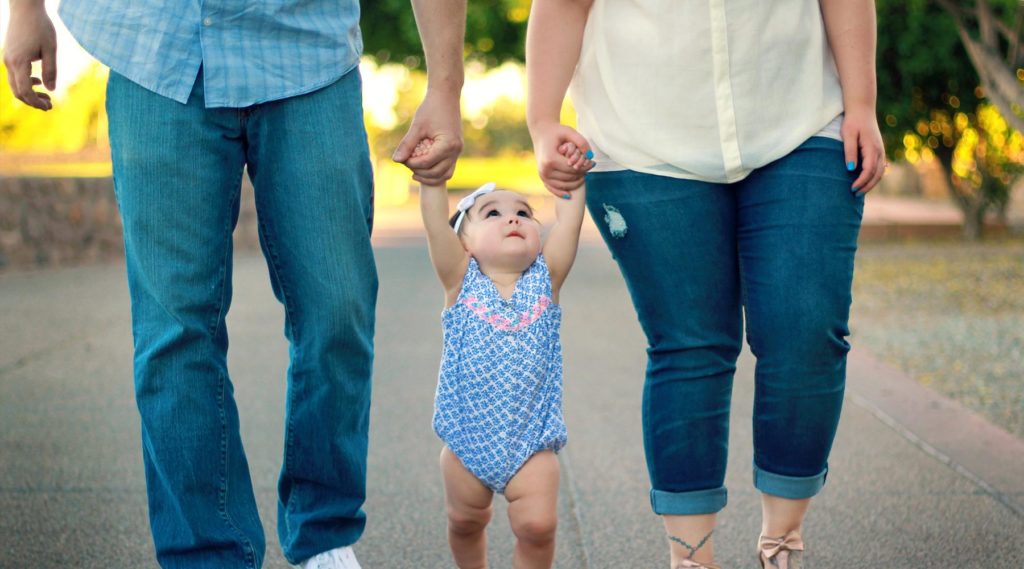
Attachment and Developmental Trauma Training
Welcome to your training course.
This is where you will find all the resources for the activities during the course and more …
Please familiarise yourself with the content and let us know if you have questions.
About this Course
Attachment theory is essential for understanding how human beings function in relationships and how people develop social and psychological difficulties. It is also fundamental for understanding what constitutes psychological wellbeing.
This two course aims to provide an introduction to contemporary attachment theory with a focus on enabling participants to use this knowledge to inform assessments and formulate more effective plans for children
Learning outcomes. At the end of the course participants will:
- Understand the importance of attachment theory in assessing the needs of infants and children and what and how the quality of attachment may impact on a child’s development;
- Consider advances in neuroscience and how these have deepened our understanding of the way that the brains of infant and children develop;
- Understand how attachment patterns develop and ways in which we may recognise these;
- Have an overview of the Dynamic Maturational Model of Attachment and Adaptation (DMM);
- Understand how the developmental pathways lead to the various insecure strategies (The ‘ABC’ model of attachment); The characteristics associated with the A, B and C strategies;
- Understand how the behaviour of children and adults can be best understood when we focus on the function of the behaviour rather than the surface appearance of the behaviour;
- Understand how attachment theory strongly signals the importance of relationship-based practice as being a key feature of successful assessment and intervention;
- Consider a range of tools that may be used to assess the pattern of attachment for individual children and their parents and carers.
- Identify how an understanding of the attachment experiences of children and adults can inform assessments and assist in developing effective plans.

